1. Fast Food Drive-Thrus (California, San Francisco)
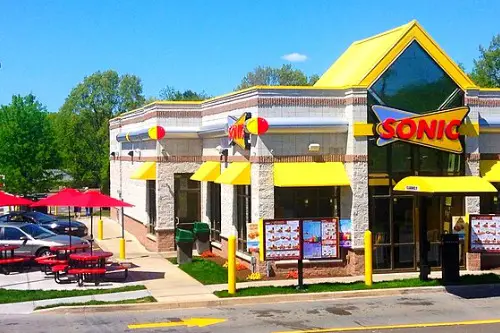
It might sound radical, but some states are rethinking drive-thrus, especially in urban areas where air quality is poor. Cities like San Francisco are already mulling over bans to cut down on emissions. The reason is simple: car idling at drive-thrus increases pollution and contributes to greenhouse gas emissions. Plus, it’s a push for better urban planning and promoting walking and biking.
2. Certain Pesticides (Maryland, Minnesota)
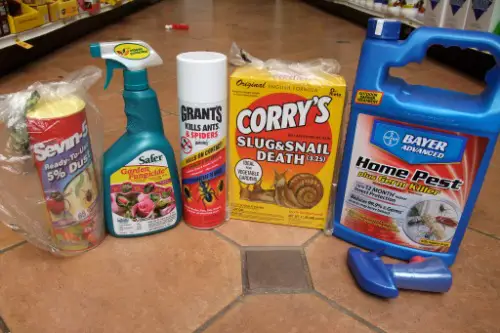
The use of harmful pesticides in gardening and farming is being restricted, with states like Maryland and Minnesota leading the charge. This change is aimed at protecting pollinators like bees and preventing pesticide-related health issues. Home gardeners who rely on these products for their rose bushes or vegetable patches will need to look for eco-friendly alternatives.
3. Smoking in Public Parks (New Jersey)

This is a move to promote healthier outdoor spaces. States like New Jersey are starting to pass laws that ban smoking in public parks and beaches. Secondhand smoke is harmful to others, and this regulation is intended to create cleaner, healthier environments for families and wildlife alike.
4. Excessive Lawn Watering (Nevada, Arizona)
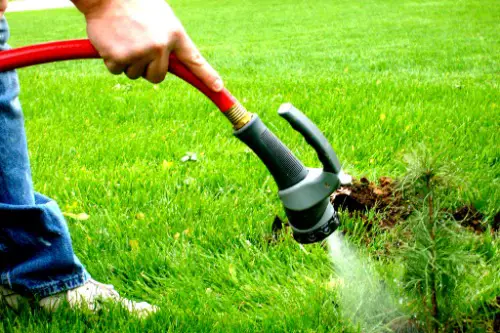
Water conservation is taking center stage in states like Nevada and Arizona, where droughts have become increasingly severe. If you’re one of those who love watering your lush, green lawn at all hours, be prepared for restrictions. New laws are being enacted to prevent excessive water use, encouraging people to switch to drought-resistant grasses or native plants that require less water.
5. Gas-Powered Leaf Blowers (California, Colorado)
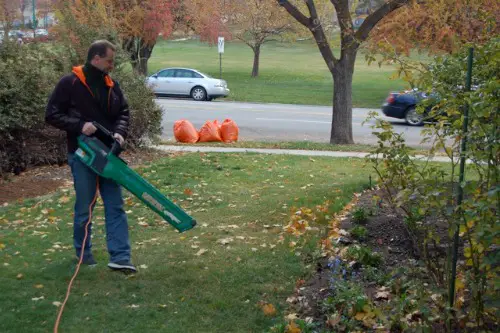
California and Colorado are cracking down on gas-powered leaf blowers due to their noise pollution and high carbon emissions. These tools emit more pollutants per hour than some cars and contribute to poor air quality. Switching to electric or battery-operated leaf blowers is now the norm in areas prioritizing cleaner air and quieter neighborhoods.
6. Single-Use Plastic Bags (Oregon, Connecticut)

While many states have already implemented plastic bag bans, others, such as Oregon and Connecticut, are expanding them to include more stores and larger penalties. The goal is to minimize waste and reduce landfill buildup, as single-use bags take hundreds of years to decompose and often end up harming wildlife.
7. Plastic Food Containers for Takeout (Washington, Hawaii)
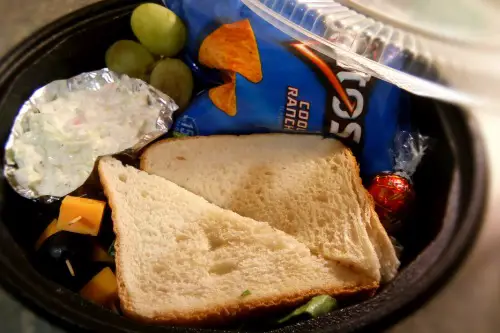
Single-use plastic containers for takeout meals are on the chopping block, especially in states focusing on environmental reform, such as Washington and Hawaii. These containers contribute massively to waste and pollution, so many places are encouraging the use of biodegradable or reusable packaging.
8. Non-Electric Lawn Mowers (California)
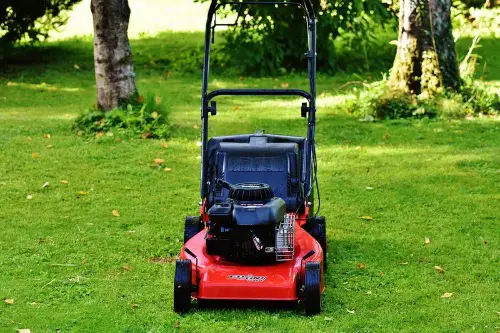
Electric lawn mowers are becoming more mainstream as states look for ways to reduce emissions. California, in particular, has laws that aim to phase out gas-powered lawn mowers in favor of electric or battery-operated ones. These noisy gas mowers release harmful pollutants, contributing to air quality issues and climate change.
9. High-VOC Paints (New York, New Jersey)
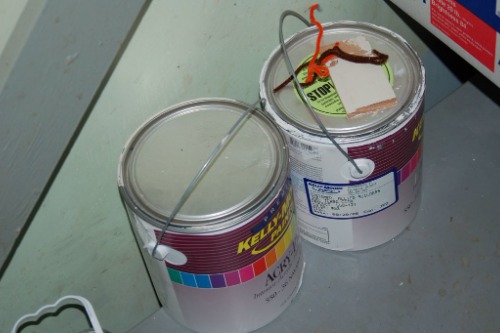
Volatile organic compounds (VOCs) in certain paints contribute to air pollution and respiratory problems. Some states, like New York and New Jersey, are tightening regulations on high-VOC paint and urging people to opt for low-VOC or zero-VOC alternatives that are less harmful to the environment and public health.
10. Plastic Beverage Bottles (California, Oregon)
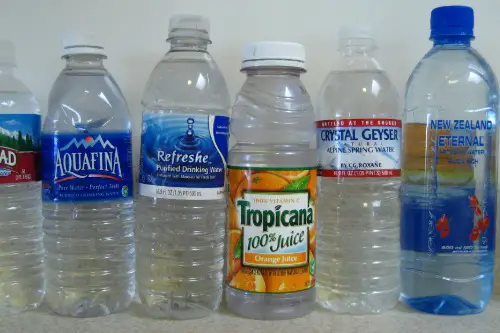
Single-use plastic bottles are facing stricter regulations in states like California and Oregon. These states are encouraging the use of refillable containers and looking at ways to increase recycling rates. This push is aimed at reducing the significant amount of waste produced by bottled water and soda, which takes hundreds of years to decompose and often ends up polluting waterways.
11. Disposable Vapes (Massachusetts)

Massachusetts is leading the charge against disposable vapes, citing concerns over the impact on public health and the environment. These single-use items contribute to a growing problem of e-waste and contain chemicals that pose risks to people and the environment. The law is aimed at curbing both youth vaping and unnecessary waste.
12. Styrofoam Food Containers (New York, Maryland)
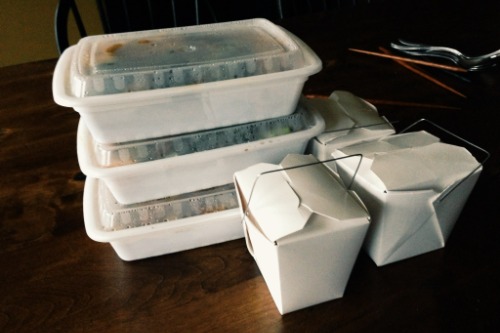
Styrofoam, or polystyrene, food containers are being banned in states such as New York and Maryland. These materials don’t break down naturally and are incredibly damaging to marine life when they make their way into the ocean. The push is for more sustainable options like compostable containers.
13. Plastic Straws in Restaurants (California, New York)

In states like California and New York, plastic straws are already a thing of the past in many establishments. This ban is all about saving the environment, as plastic straws are notorious for polluting oceans and harming wildlife. Alternatives like paper or reusable straws are gaining traction, but if you’re used to sipping your smoothie with a plastic straw, that habit could soon be outlawed nationwide.


